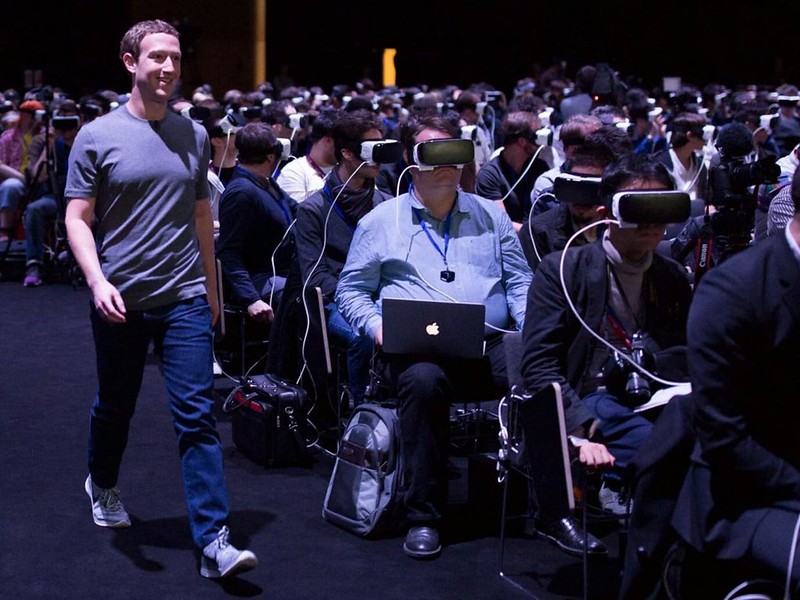Δεν χρειάζεται. Το μήνυμα είναι διαχρονικό και επώδυνο, από τον καιρό που το πρωτοδιατύπωσε ο Όργουελ στο 1984. Το βιντεάκι δεν είναι για κλάματα, είναι για στοχασμό. Σε βάθος και με ειλικρίνεια. Και με την πρόσθετη διάσταση: άραγε να έχει αλλάξει κάτι από τότε (το 1948) μέχρι σήμερα; Πολύ φοβάμαι πως όχι. Ίσα ίσα οι οι διαλεκτικές των τεχνικών της εξουσίας έχουν πολλαπλασιαστεί και εκλεπτυνθεί. Θα θυμάστε ένα λιγοσέλιδο κόμικ που κυκλοφορούσε ιοειδώς πριν από χρόνια στο Διαδίκτυο και συνόψιζε σε δώδεκα εικόνες τη θέση του βιβλίου του Νηλ Πόστμαν Διασκέδαση μέχρι θανάτου, ότι εντέλει ο Χάξλεϋ πέτυχε καλύτερη πρόβλεψη της εξέλιξης του κόσμου μας στο Θαυμαστό καινούργιο κόσμο απ’ ό,τι ο Όργουελ στο 1984. Το ωραιότατο αυτό κόμικ ήταν του Στούαρτ ΜακΜίλλεν, κι επειδή, όπως εξηγεί ο ίδιος στο ιστολόγιό του, αναγκάστηκε να το αποσύρει από το Διαδίκτυο για λόγους πνευματικών δικαιωμάτων (μέγιστη ειρωνεία!), είπα να κατεβάσω τις εικόνες και να τις επισυνάψω εδώ, για να υπάρχουν (μπορείτε να φτιάξετε μια παρουσίαση PowerPoint).












Ωστόσο αυτό που πολλοί, σχεδόν όλοι μας, ξεχνάμε όταν μιλάμε για το 1984 είναι η καταληκτήρια πρόταση του βιβλίου: ο ήρωας ενστερνίζεται την αλήθεια ότι δύο και δύο ίσον πέντε. Έχει μάθει να αγαπάει τον Μεγάλο Αδερφό.
He had won the victory over himself. He loved Big Brother.












Ωστόσο αυτό που πολλοί, σχεδόν όλοι μας, ξεχνάμε όταν μιλάμε για το 1984 είναι η καταληκτήρια πρόταση του βιβλίου: ο ήρωας ενστερνίζεται την αλήθεια ότι δύο και δύο ίσον πέντε. Έχει μάθει να αγαπάει τον Μεγάλο Αδερφό.
He had won the victory over himself. He loved Big Brother.
Last edited:



